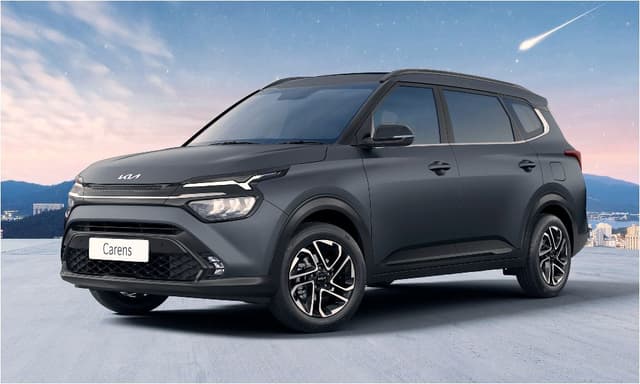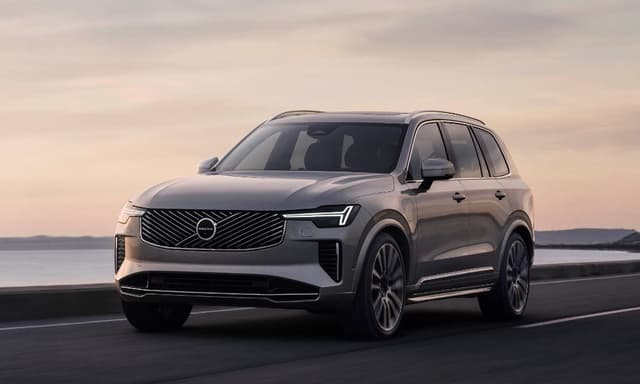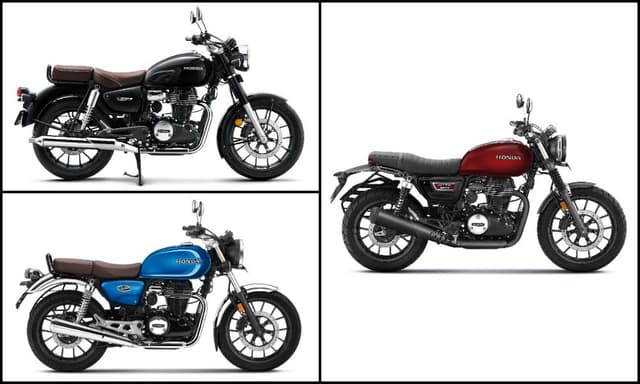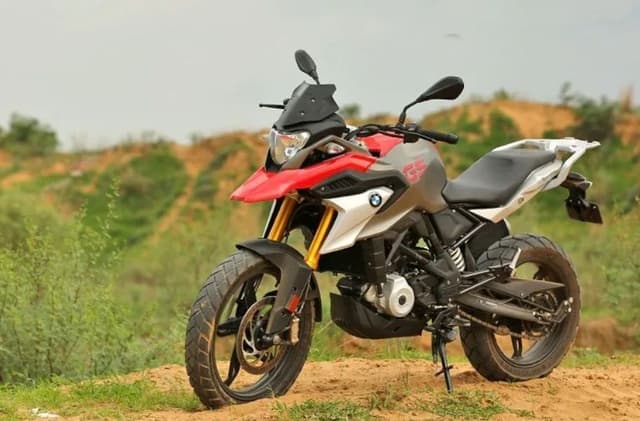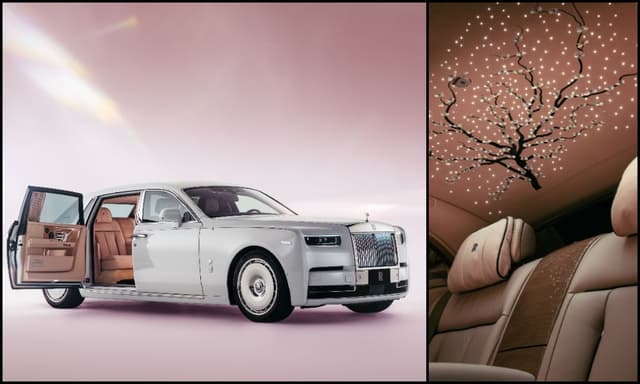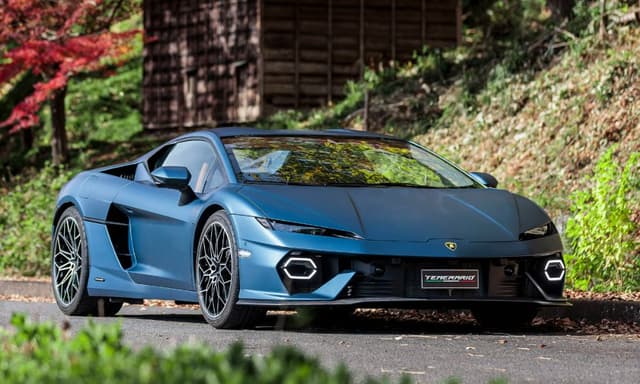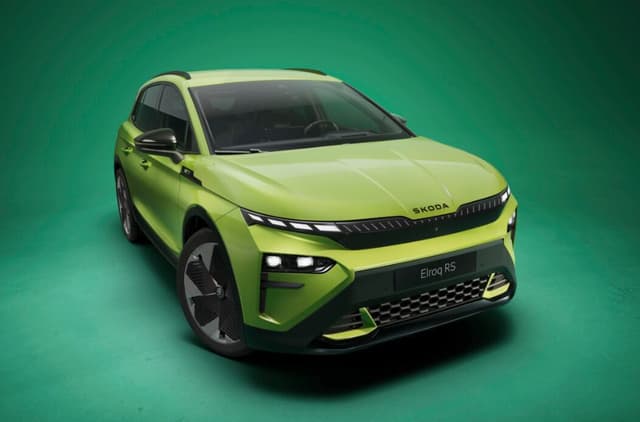Essential Aspects of Using Parking Brakes

Highlights
- Sol Seidman invented the parking brake.
- There are four types of parking brakes.
- Parking brakes do not affect all the wheels - mostly lock the rear wheels
Brakes are a crucial part of the entire car mechanism. Imagine driving a car without optimally functioning brakes; that would be a nightmare. A robust braking system ensures that accidents are avoided, and owners can have a safe trip in their cars. The parking brakes were a critical introduction. These brakes have made it easier for car owners to ensure that their car stays stationary. There are several urgent situations when these brakes should be used!

What are parking brakes?
A parking brake is also known as a handbrake, emergency brake or e-brake. The primary purpose of a parking brake is to keep the vehicle motionless in a secure way when parked in a spot.

When to use parking brakes?
There are several instances when parking brakes should be used:
- The parking brake should be applied every day since research shows that regular usage takes off the pressure from the transmission.
- Parking brakes should be used in cases of emergencies. When the main brakes fail, parking brakes can come to the rescue.
- One of the most common uses of parking brakes comes during parking on an incline. This makes sense since the steeper the incline, the more chances the car gets displaced from the original position.
- Even when parking on a flat surface, the parking brake should be used. Why? Because experts say when these brakes are not used regularly, they develop rust and start malfunctioning.
- If the brake fluid is leaking from the car, it is an emergency during which parking brakes should be used.
- The emergency brake should be engaged when the car is being flat bedded for servicing. That reduces the pressure on the transmission.
- As a safety precaution, emergency brakes should be applied when a flat tire is being changed.
- When a car is parked along a curb, a parking brake should be used to prevent rolling or damage to the transmission.
- When the parking space is tight and parked very close to another car, the parking brake can prevent the car from rolling. This way, chances of the car slamming into the other car are reduced.

When not to use parking brakes?
- When there is a weather emergency like snow or severe rainfall, the parking brakes should not be used. Parking brakes lock the rear wheels, which could lead to the driver losing control and the car spiralling away.
- Using the parking brake can be risky when the temperature dips below freezing temperature. The cable might get jammed. Using a hairdryer to increase the temperature to free the cable can be a smart move.
- Parking brakes should be engaged when driving under normal circumstances. That can increase friction and make driving difficult.
A car owner needs to ensure that parking brakes undergo regular maintenance to always function at the optimal level.

